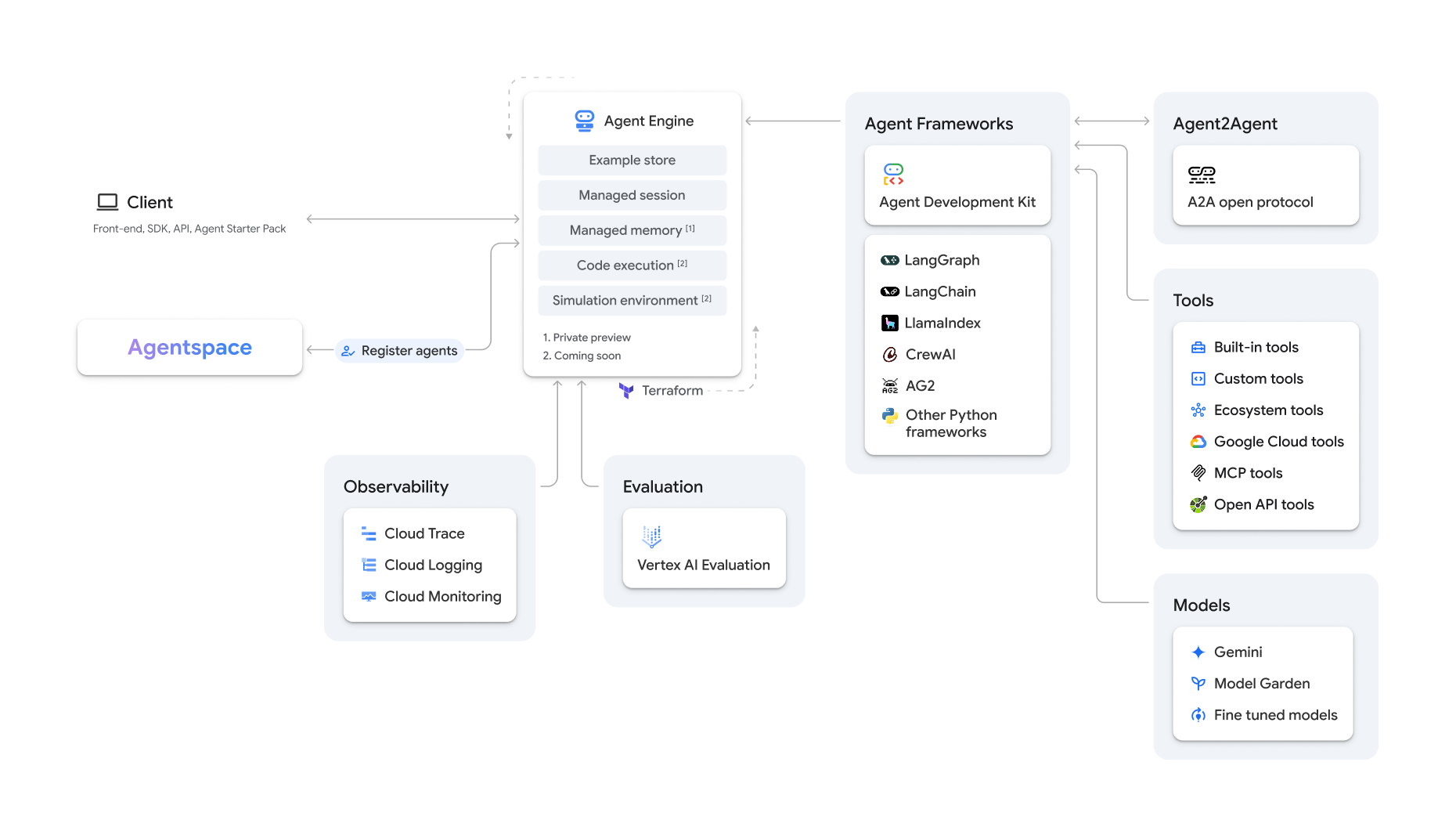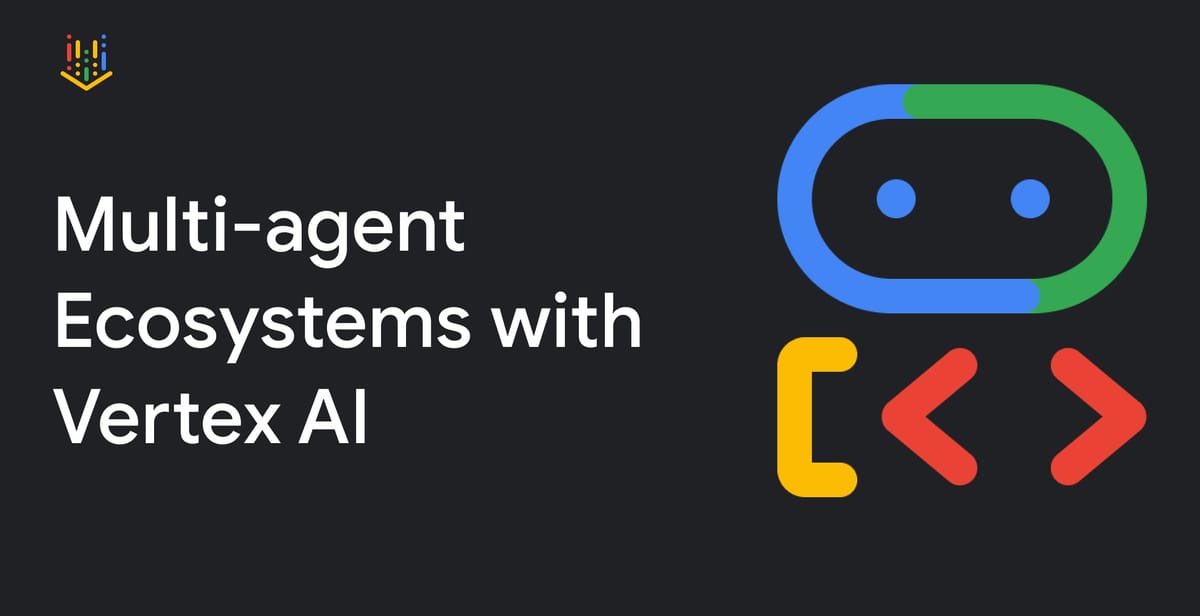Google wants to make multi-agent AI systems not just possible, but practical for enterprises—and it’s making a strong case with today’s updates to Vertex AI. Unveiled at Google Cloud Next, these enhancements turn Vertex into a full-stack platform for building, connecting, and deploying AI agents that reason, plan, and collaborate across enterprise systems.
Key Points:
- New Agent Development Kit simplifies multi-agent development in under 100 lines of code
- Agent2Agent protocol enables cross-framework collaboration among AI agents
- Agent Engine offers managed deployment, testing, and scaling for production use

At the core of the update is the new Agent Development Kit (ADK), an open-source framework that abstracts much of the complexity behind designing and orchestrating intelligent agents. It supports plug-and-play tools, works with your model of choice—including Gemini and third-party models—and gets you from prototype to production in under 100 lines of Python. Developers can also tap into Agent Garden, a curated library of pre-built agent examples, connectors, and workflows, making it easier to build agents that interact with enterprise APIs, databases like AlloyDB and BigQuery, and even geospatial data via Google Maps.
But perhaps more notable is the introduction of the Agent2Agent (A2A) protocol, a proposed standard for agent interoperability. In short, A2A lets agents built with different frameworks—be it ADK, LangGraph, Crew.ai, or others—communicate and collaborate regardless of vendor. Google has lined up over 50 partners including Salesforce, Box, Deloitte, and SAP to co-develop and adopt this protocol, signaling broad industry interest in a common language for AI agents.
For enterprises ready to move beyond experimentation, Google is also launching Agent Engine, a fully managed runtime that streamlines deployment with built-in support for testing, scaling, and monitoring. Agent Engine keeps context across sessions, supports memory, and integrates directly into Google’s Agentspace platform—giving organizations a path to roll out agents company-wide with governance and oversight.
The announcements reflect Google's understanding that enterprise AI adoption requires more than just powerful models—it demands integration with existing workflows and connection to enterprise data. For companies already invested in Google Cloud, these new tools could simplify the transition from experimental AI to production-ready systems.
Renault Group has already found value in the new capabilities. "We used the ADK to develop an agent that ensures we're installing EV chargers where drivers need them most," said Laurent Giraud, Chief Data Officer at Renault Group. "The agent assists our data analysts to leverage geographical, zoning, and traffic data to inform and prioritize critical EV infrastructure investments."
Google's focus on security is apparent across these announcements. The company addresses enterprise concerns through multiple layers of protection: content filters, identity controls, VPC service controls, guardrails around agent interactions, and comprehensive monitoring capabilities.
While Google isn't the first to offer AI agent development tools, its approach of combining model flexibility, enterprise integration, and production readiness in a unified platform may appeal to organizations looking to move beyond fragmented solutions from multiple vendors.
The multi-agent ecosystem framework is available now through the Vertex AI console.

